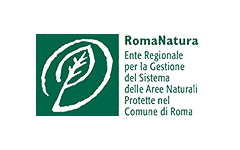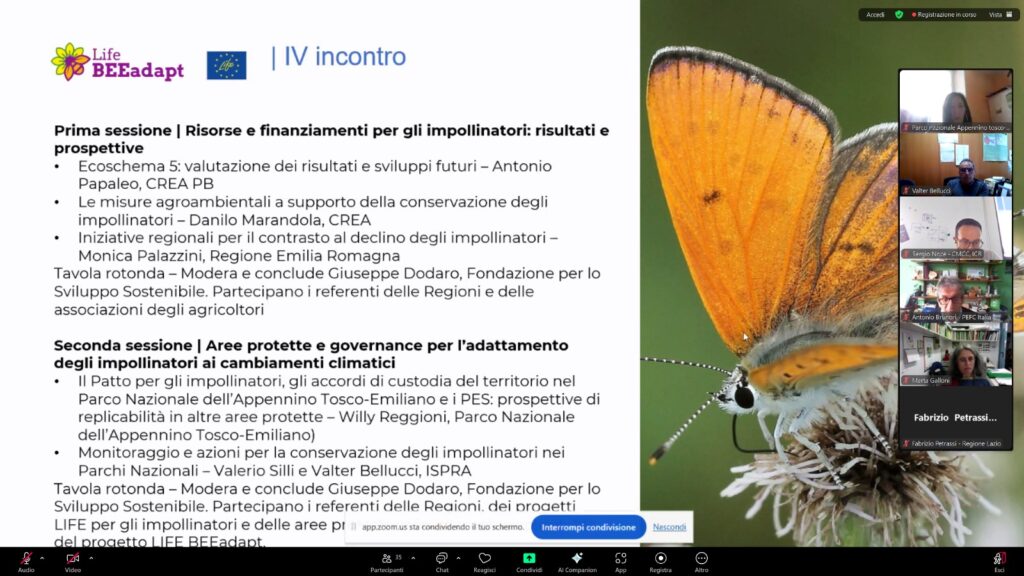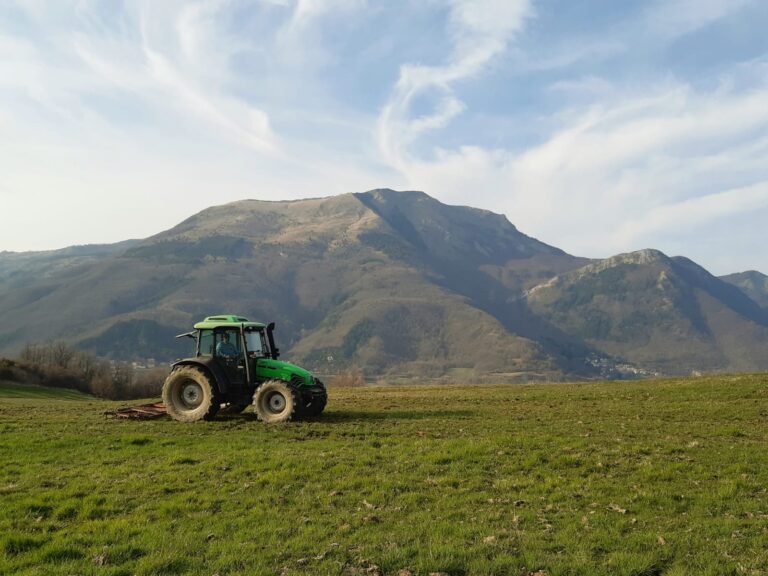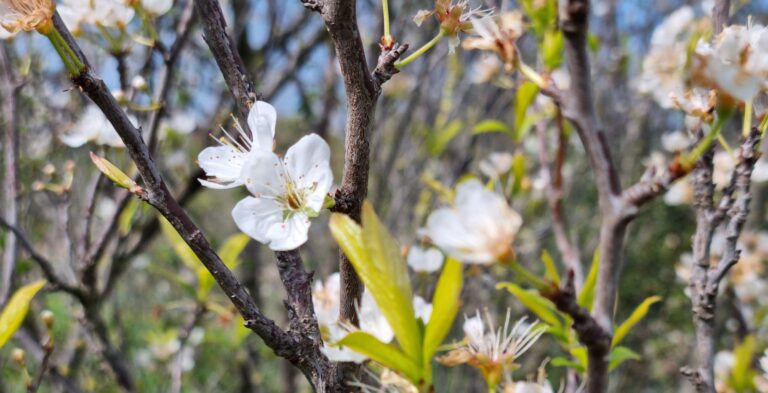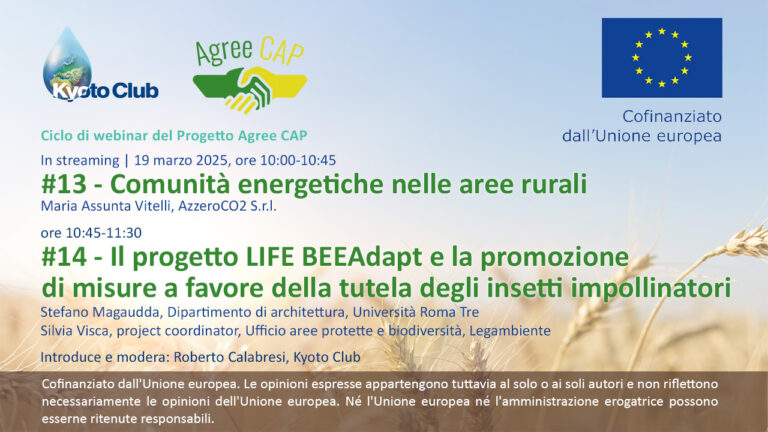The LIFE programme
Il programma LIFE, operativo dal 1992, è il principale strumento finanziario dell’Unione Europea dedicato all'ambiente e all’azione per il clima.
Il suo obiettivo è contribuire all’attuazione, all’aggiornamento e allo sviluppo della politica e della legislazione dell’UE in materia di ambiente e clima mediante il cofinanziamento di progetti con un elevato valore aggiunto europeo.
Il programma LIFE finanzia progetti innovativi che dimostrino l’efficacia di nuove tecniche e metodologie in campo ambientale. Accanto ai progetti cosiddetti “tradizionali”, vengono finanziati progetti “integrati” che combinano i finanziamenti LIFE con altre fonti di finanziamento, allo scopo di massimizzare il loro impatto su vaste aree geografiche.
I progetti LIFE forniscono inoltre assistenza tecnica, lavorano per rafforzare lo sviluppo della capacity building e svolgono attività preparatorie allo sviluppo della legislazione europea in materia ambientale. Il LIFE sostiene inoltre l’iniziativa dell’European solidarity corps, fornendo opportunità ai giovani di essere coinvolti in attività di utilità ambientale e sociale.
Il programma LIFE si articola in due sottoprogrammi:
- Ambiente
- Comprende i tre settori prioritari:
- Ambiente e uso efficiente delle risorse;
- Natura e biodiversità;
- Governance e informazione in materia ambientale, ciascuno a sua volta, composto da altrettante priorità tematiche.
- Azione per il clima
- Comprende i tre settori prioritari:
- Mitigazione dei cambiamenti climatici;
- Adattamento ai cambiamenti climatici ;
- Governance e informazione in materia di clima.
Il programma LIFE in numeri
milioni
La Commissione europea con le sue DG Ambiente e DG Azione per il clima, ha gestito direttamente l’intero programma LIFE. Nel corso dell’ultimo ciclo, l’attuazione di molte componenti del programma è stata delegata all’Agenzia esecutiva per le piccole e medie imprese (EASME) che si avvale del supporto di team esterni per la selezione, il monitoraggio e la comunicazione.
Maggiori informazioni sono disponibili al sito web dedicato. LIFE (europa.eu).


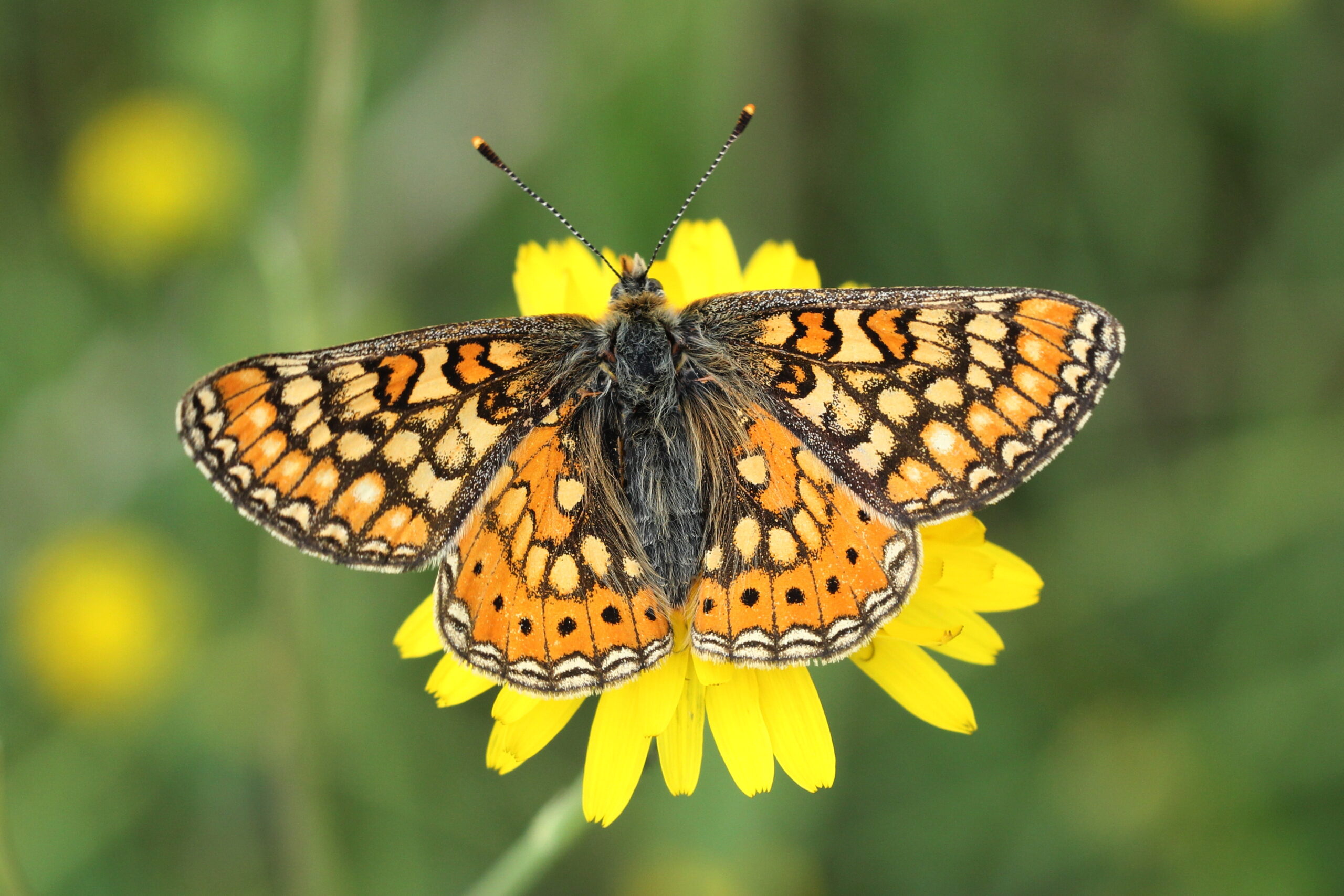
LIFE BEEadapt project
Climate change has multiple implicationsfor organisms’ phenology, causing desynchronizations between pollinators and flowering periods that affect many pollinators’ populations and distribution. There is increasing evidence that climate change trends (especially when combined with other pressures) may increase extinction risk of several pollinator species, locally and globally threatening ecosystems resilience, rural economy and food security.
A study by Duchenne et al. (2020) [in 15], which considered 2027 European insect species, highlighted how most pollinating insects anticipated their activity period by nearly a week in response to climate change, with a 6-day anticipated flight over the last 60 years and their flight duration decreased by 2 days.
LIFE BEEadapt puts pollinators at the heart of the design of adaptation measures, by enhancing connectivity planning at national, regional and local scale through a set of governance, programming, implementation, and environmental tools that preserve/increase areas with heterogeneous geophysical characteristics and vegetation structure (instead of addressing only land-use change impacts, as many conservation strategies and agro-environmental schemes do), finally improving the climate resilience of territories. The project will carry out demonstrations actions in 5 italian target areas different morphology, land uses and management assets.
LIFE BEEadapt is a project co-funded by by the European Commission through the LIFE program, under the subprogram geared toward climate adaptation actions. The project started on September 1, 2022 and will run for 48 months.
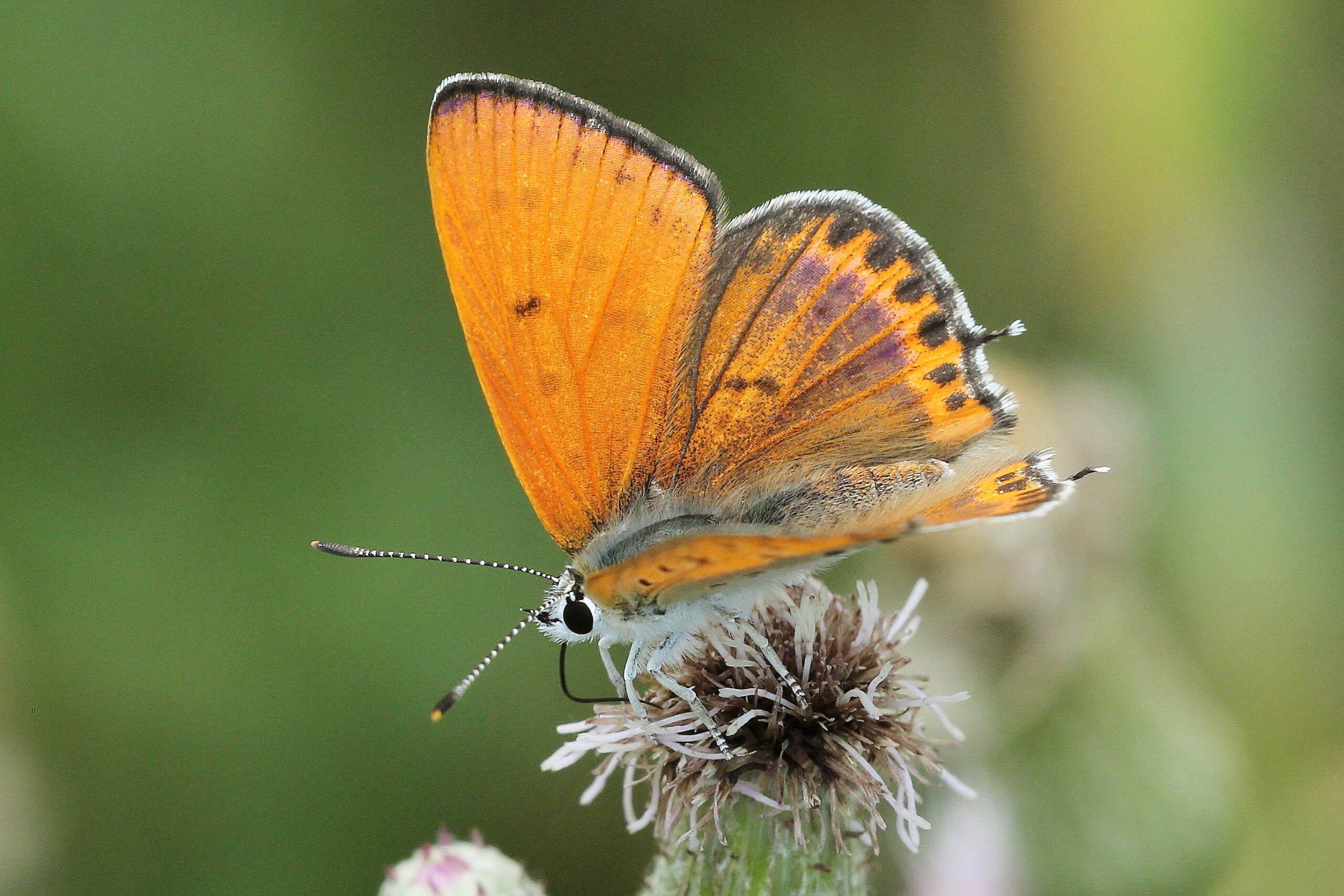
Specific objectives
Homogenous and fragmented landscapes worsen climate change impacts on pollinators, preventing their adaptation to changing conditions. This calls for climate adaptation measures that enhance landscape connectivity and habitat heterogeneity at multiple spatial scales, locally increasing the variety of micro-climatic conditions.
This is the aim issued by LIFE BEEadapt which act through 4 specific goals:
Provide an Abacus of practices to design pollinators-oriented Green Infrastructure (GI) in rural, peri-urban and urban areas.
Create a governance model improving public bodies’ administrative capacity on adaptation and involving farmers in GI design and management.
Activate a Technical Board to establish criteria for the payment of pollination-related ecosystem services and the inclusion of pollinators-oriented measures in planning tools, for replication of project results.
Transfer to selected areas a Protocol for pollinators-friendly adaptation, and disseminate it in Italy and beyond.
Latest news
Partners






